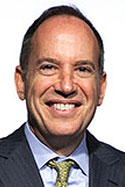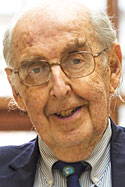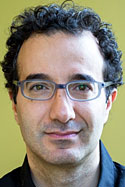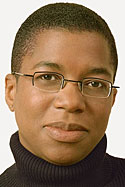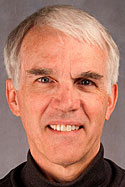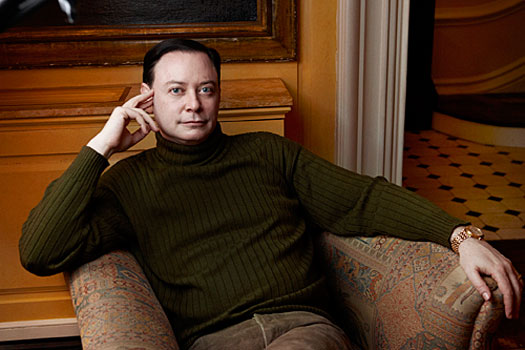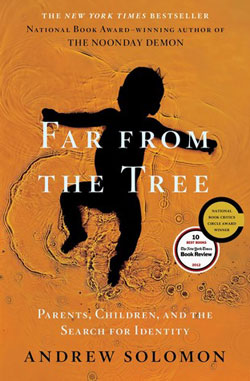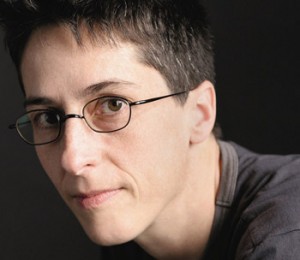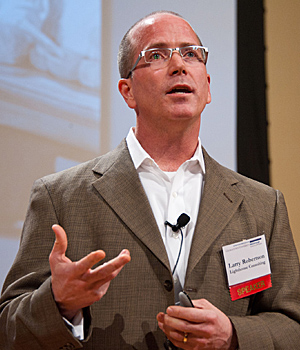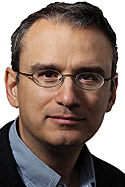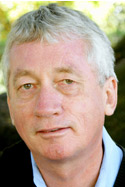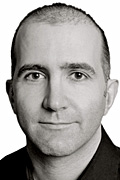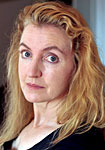For the past 35 years, Colman McCarthy has “preached” the gospel of nonviolence as an award-winning journalist, author and educator.
McCarthy brings his pacifist message to Lawrence University Tuesday, Oct. 31 in the second address in the university’s 2017-18 convocation series. McCarthy presents “Is Peace Possible?” at 11:10 a.m. in the Lawrence Memorial Chapel. A quesntion and answer session will follow immediately after McCarthy’s remarks.
The event is free and open to the public and will also be available via live webcast.
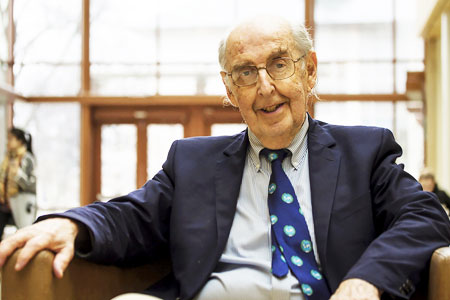
During a teaching spanning decades, McCarthy often has been a critic of a system that traditionally features a curriculum long on wars and generals, but short on those who advocate nonviolent force to resolve conflict. He is fond of saying if we don’t teach children peace, others will teach them violence.
Since the mid-1990s, McCarthy has taught classes on peace literature throughout the Washington, D.C. area at various levels, including Bethesda-Chevy Chase High School, the University of Maryland, American University and Georgetown University Law Center.
In addition to his teaching duties, McCarthy serves as the director of the Center for Teaching Peace in Washington, D.C., an organization he founded in 1985 to assist schools launch or expand peace studies programs.
A stuttering problem as a youth turned McCarthy’s interests to writing. A voracious reader, McCarthy began working as a columnist for the Washington Post in 1969. With instructions to become “a solution finder,” McCarthy wrote frequently about people engaged in the art of peacemaking, such as activist David Dellinger and singer Joan Baez. He was recognized for his nationally syndicated column with the Peace Abbey Courage of Conscience Award. For the past 18 years, he has written biweekly columns for the National Catholic Reporter.
McCarthy also has written 14 books, including 2002’s “I’d Rather Teach Peace” in which he chronicles his experiences introducing the theory and practice of creative peacemaking to classrooms ranging from a suburban Washington, D.C. high school to a prison for juveniles to Georgetown University Law Center.
After graduating from Spring Hill College, a Jesuit institution in Alabama, in 1960, McCarthy spent five years at a Trappist monastery in Georgia as a lay brother. Assigned to the dairy crew, he tended to 150 head of cows, including shoveling manure, a task which has said, was “a good preparation for journalism.”
In 2010, McCarthy was awarded the $30,000 El-Hibri Peace Education Prize, which honors an outstanding scholar, practitioner or policymaker in order to raise awareness of and to promote the expansion of the field of peace education.
McCarthy’s appearance is supported by the Class of 1968 Peace and Social Activism Fund. Established in 1993 by members of the Class of 1968 in honor of their 25th reunion, the fund supports individual or collaborative projects by students and faculty that address issues related to peace and social activism in a historical or contemporary context from a local, regional, national, or global perspective.
About Lawrence University
Founded in 1847, Lawrence University uniquely integrates a college of liberal arts and sciences with a nationally recognized conservatory of music, both devoted exclusively to undergraduate education. It was selected for inclusion in the book “Colleges That Change Lives: 40 Schools That Will Change the Way You Think About College.” Engaged learning, the development of multiple interests and community outreach are central to the Lawrence experience. Lawrence draws its 1,500 students from nearly every state and more than 50 countries.
